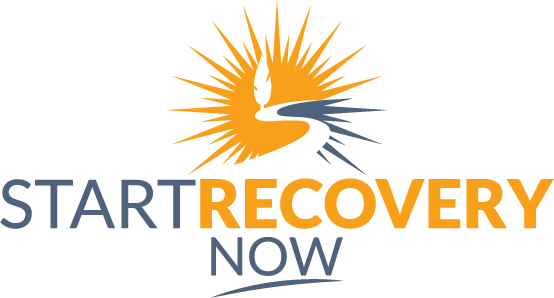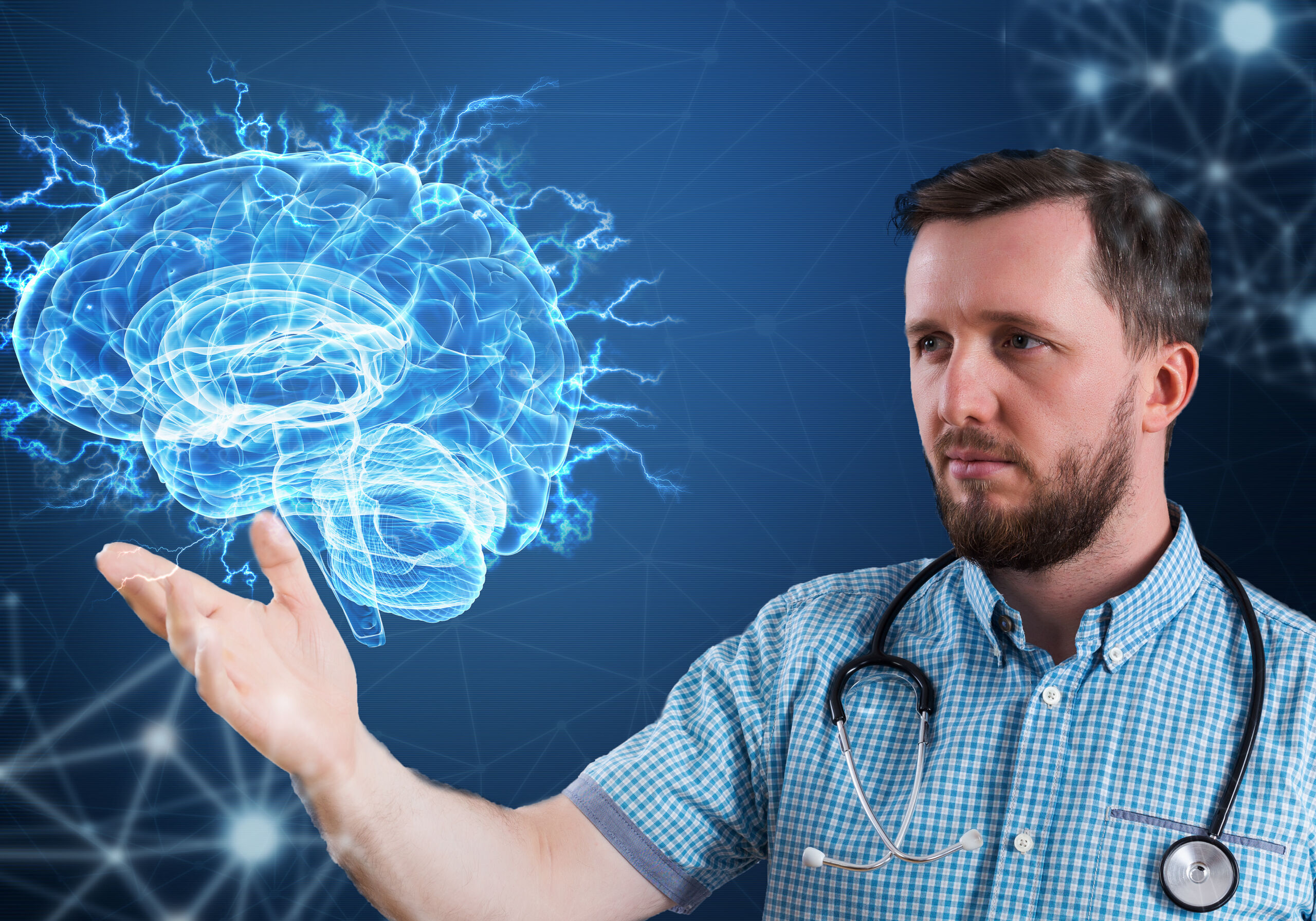Mental Health and Addictions
Navigating the Complex World of Mental Health and Addictions: Strategies […]
Navigating the Complex World of Mental Health and Addictions: Strategies for Recovery
When grappling with ‘mental health and addictions,’ understanding the overlap and recovery strategies is crucial. This article directly tackles the complex relationship between the two, revealing the challenges of dual diagnosis and offering concise, actionable guidance for effective treatment. We aim to equip you with reliable knowledge and a pathway for those confronting the intertwining of mental health disorders and addiction.
Key Takeaways
- Co-occurring mental health and substance use disorders complicate treatment, with intertwined symptoms and bidirectional influences exacerbating both conditions.
- Effective treatment for dual diagnosis requires integrated approaches, relying on a mix of psychotherapy, medication management, and peer support to address the complex interplay between mental health and addiction.
- Policy and technological advances, such as protections under HIPAA and the development of digital health tools and teletherapy, are improving access to and the quality of treatment for those suffering from dual diagnosis.
Understanding the Intersection of Mental Health Disorders and Substance Use

Exploring the intertwined relationship between mental health disorders and substance use can be intimidating. The term “co-occurring disorder” or “dual diagnosis” refers to this intricate knot, where individuals grapple with both a mental disorder and a substance abuse problem, often alongside other mental disorders.
The interplay between these two issues is intricate and multifaceted, as people often turn to alcohol or drugs in an attempt to alleviate their mental health symptoms.
The Bidirectional Influence
Substance abuse and serious mental illness, along with other mental health disorders, have a bidirectional link, where each problem can potentially worsen the other, making treatment more complex. Brain changes in individuals with mental disorders can enhance the rewarding effects of substances, leading to continued substance use.
Conversely, substance abuse, including drug abuse, can lead to alterations in brain structure and function, increasing the risk of developing mental health disorders.
Identifying Co-Occurring Disorders
Diagnosing co-occurring disorders is particularly challenging due to varying signs and symptoms, contingent on the specific mental health concern and the substance involved. Nevertheless, mental health clinics have adopted alcohol and drug screening tools to effectively identify individuals with co-occurring disorders.
Statistics and Impact
The statistics surrounding co-occurring disorders are jarring. Among adults, 7.7 million have co-occurring mental and substance use disorders. This highlights the critical interplay between substance use and mental health, underscoring the urgency of understanding and addressing these intertwined issues. In this context, behavioral health statistics play a crucial role in informing effective interventions and treatment approaches.
The Spectrum of Substance Use Disorders

Characterized by unchecked substance use despite its harmful consequences, substance use disorders introduce a complex dimension that intersects with mental health disorders. The progression from experimentation to dependence and the manifestation of addiction signs are all critical pieces of the puzzle in understanding substance use disorders.
From Experimentation to Dependence
Substance use often begins during adolescence, a time fraught with curiosity and peer pressure, and coupled with an immature prefrontal cortex, can lead to impaired decision-making and impulse control. This experimentation can eventually evolve into regular use, establishing a pattern of consumption that could be predictable or linked to emotional states such as stress or boredom.
Recognizing the Signs of Addiction
Identifying addiction signs can be crucial in triggering an intervention at the right time. Some common signs of addiction include:
- Sudden behavioral changes
- Risky actions
- Lack of control over substance use
- Persistent cravings
- Pattern of relapse after attempts to quit
These signs indicate an advanced stage of addiction and should be taken seriously.
The Reality of Withdrawal Symptoms
When substance use is halted or curtailed, withdrawal symptoms may occur. These symptoms can range from:
- sleep disturbances
- nausea
- tremors
- severe temperature fluctuations
These symptoms are more than just physical discomfort; they are clear indicators of the body’s physiological adaptation to the continuous presence of the substance, signifying physical dependence.
Mental Illnesses Commonly Associated with Addiction

Depression, anxiety, and bipolar disorder often overlap with substance abuse, making it important for individuals to seek comprehensive treatment for both conditions. These mental health problems can be effectively addressed through a combination of therapy and medication. These disorders, each with their unique manifestations and impacts, further complicate the landscape of addiction.
Depression and Substance Use
Substance use can exacerbate depression symptoms over time, even if initially used for self-medication. The compounding effect of substance use on depression underscores the importance of integrated treatment approaches that address both disorders simultaneously.
Anxiety Disorders and the Risk of Drug Use
Anxiety disorders and substance use disorders share a significant relationship with each other, often co-occurring more frequently than expected by chance alone. Individuals with anxiety disorders may resort to drugs or alcohol for self-medication, but this can lead to worsening symptoms over time.
Bipolar Disorder and the Challenge of Dual Diagnosis
The dual diagnosis of bipolar disorder and substance use presents unique treatment challenges that require specialized care. Integrated treatment programs, which combine psychotherapy, medication management, and psychiatric care, have shown effectiveness in managing co-occurring bipolar disorder and substance use.
Pathways to Effective Treatment

The journey to recovery from a dual diagnosis necessitates a comprehensive approach. Effective treatment often involves:
- Integrated treatment programs
- Behavioral therapies
- Medication-assisted treatments
- The support of groups
Integrated Treatment Programs
Integrated treatment is considered the most effective approach to manage dual diagnosis, as it is more beneficial than dealing with addiction and mental illness independently. These programs utilize a combination of psychotherapy, medication management, and psychiatric care, tailored to the individual’s needs.
Behavioral Therapies and Medication-Assisted Treatments
Evidence-based behavioral therapies like Cognitive-Behavioral Therapy (CBT), Dialectical Behavioral Therapy (DBT), and Motivational Interviewing (MI) are effective for treating co-occurring disorders. These therapies can be combined with medication-assisted treatments, enhancing adherence and reducing the likelihood of relapse.
Support Groups and Peer Networks
Peer support and participation in support groups like Alcoholics Anonymous (AA) and Narcotics Anonymous (NA) are fundamental to many treatment plans. These groups provide a sense of community and understanding, associated with higher rates of abstinence, and enhancing treatment engagement and satisfaction.
Essential Support Systems for Recovery

Support systems form the linchpin of a successful recovery from a dual diagnosis. Family support, community resources, and an understanding of the ongoing process of recovery all play crucial roles on the journey to sobriety.
The Role of Family Members
Family involvement in counseling and therapy is a critical element of the recovery strategy to sustain sobriety and manage co-occurring mental health conditions. Recognizing and celebrating recovery milestones within a family setting can enhance self-esteem and encourage continuing efforts towards recovery.
Accessing Community Resources
Community resources provide essential social support, mutual aid, and coping strategies essential for managing stressful situations during recovery from a dual diagnosis.
Integrated treatment programs often provide case management to assist clients in navigating healthcare systems and making the most of community resources, including gov websites.
Ongoing Process of Recovery
Recovery is an ongoing process that requires a healthy mindset, active involvement in meaningful activities, and learning to cope with new and stressful situations. These factors are key to managing stress and preventing relapse, underscoring the importance of a proactive lifestyle and engagement with life.
Legal and Policy Considerations

Legal and policy factors significantly influence the treatment and recovery process from a dual diagnosis. Confidentiality in treatment is crucial for building trust between patients and healthcare providers, while insurance and healthcare access are essential for ensuring treatment is accessible and affordable.
Confidentiality in Treatment
To safeguard patient privacy, maintaining confidentiality in mental health and substance abuse treatment is vital. The Health Insurance Portability and Accountability Act (HIPAA) sets national standards for the protection of individual medical records and personal health information on secure websites. Utilizing a solr header search can help in efficiently locating and managing such sensitive data.
Insurance and Healthcare Access
The Mental Health Parity and Addiction Equity Act (MHPAEA) of 2008 mandates equal coverage for mental health and substance use disorder treatments in health insurance plans. This legislation has resulted in expanded behavioral health coverage, improving access to treatment for many individuals.
Technology and Innovation in Treatment
The advent of the digital age has opened up new avenues for treatment and recovery. Developments in digital health tools and teletherapy are revolutionizing the way we approach mental health and addiction treatment.
Digital Health Tools
Digital health tools, from smartphone applications to virtual reality technology, are transforming the treatment landscape for substance use disorders and their psychiatric comorbidities. These tools provide accessible and on-demand therapeutic support, making treatment more accessible through solr mobile search capabilities.
Teletherapy and Online Support
With the surge in teletherapy and online support, recovery assistance has become more accessible and can be tailored to individual needs. From traditional therapy sessions to support groups, these digital platforms offer a lifeline to individuals grappling with a dual diagnosis. Official websites provide a reliable source for finding such teletherapy and online support services.
Summary
Navigating the complex world of mental health and addiction is a journey filled with challenges and triumphs. From understanding the intricate relationship between mental health disorders and substance use to exploring the spectrum of substance use disorders, the journey to recovery is a multi-faceted process. With the aid of comprehensive treatment plans, supportive networks, and the ever-evolving technology, recovery is a reachable destination.
Frequently Asked Questions

What is the connection between mental health and addiction?
There is a strong connection between mental health and addiction. Mental health issues can lead to substance abuse, and substance abuse can contribute to the development of mental illness. Substance abuse can trigger mental health problems.
What is the hardest mental illness to live with?
Borderline personality disorder is often considered one of the hardest mental illnesses to live with due to the constant struggle with overwhelming emotions.
Where do people go when they have bad mental health?
People with bad mental health can seek referrals from their family doctor, clergy, local Mental Health America office, and crisis centers. It’s important to reach out for support and seek professional help.
What is a co-occurring disorder or dual diagnosis?
A co-occurring disorder or dual diagnosis refers to individuals who have both a substance abuse problem and a mental health issue. This can complicate treatment and requires integrated care to address both issues effectively.
What are some common mental illnesses associated with addiction?
Common mental illnesses associated with addiction include depression, anxiety, and bipolar disorder. These often co-occur with substance abuse.




